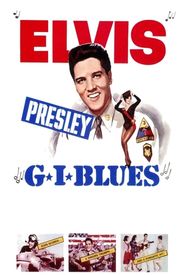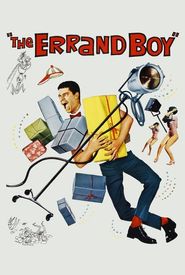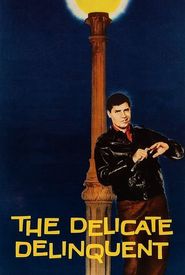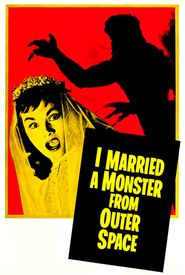Robert Ivers attended Tucson High School from 1950 to 1953, where he was fortunate enough to have access to a diverse range of theatre classes, including Stagecraft, Make-Up, Lighting, History of the Theatre, and Acting. During his time at the high school, he appeared in all the productions and even landed roles in some shows at the Tucson Little Theatre.
After his high school days, Ivers was offered scholarships to both the Pasadena Playhouse and the University of Arizona. Although he was initially drawn to Pasadena, he soon realized that he wouldn't be able to appear on stage until his second year, which led him to enroll at the University of Arizona instead.
At the University of Arizona, Ivers began to make a name for himself, taking on roles during his first year and eventually securing a few uncredited screen roles during his college days. This was also the time when the Tucson Winter Stock Company began its operations, which would later serve as a springboard for Ivers' move to Hollywood.
In 1954, Milt Lewis, a talent scout for Paramount Pictures, caught Ivers in a production of "Stalag 17" at the Sartu Theatre in Hollywood, but unfortunately, he was unable to convince Paramount to sign him. A year later, Lewis saw Ivers in a production of "The Rainmaker" at the University of Arizona, but again, he failed to secure a deal with the studio.
It wasn't until 1956, when Jane Sharples saw Ivers in the lead role of "Tea and Sympathy" at the Tucson Winter Stock Company, that his luck began to change. Sharples, who was impressed by Ivers' performance, sent him to her father, Arthur Loew, Sr., the president of MGM. With the help of Sharples' brother, Arthur M. Loew Jr., a producer, and her cousin, Stewart Stern, a screenwriter, Ivers was able to prepare for audition interviews with MGM and Paramount executives. This time, his hard work paid off, and Paramount Studios finally signed him.




























